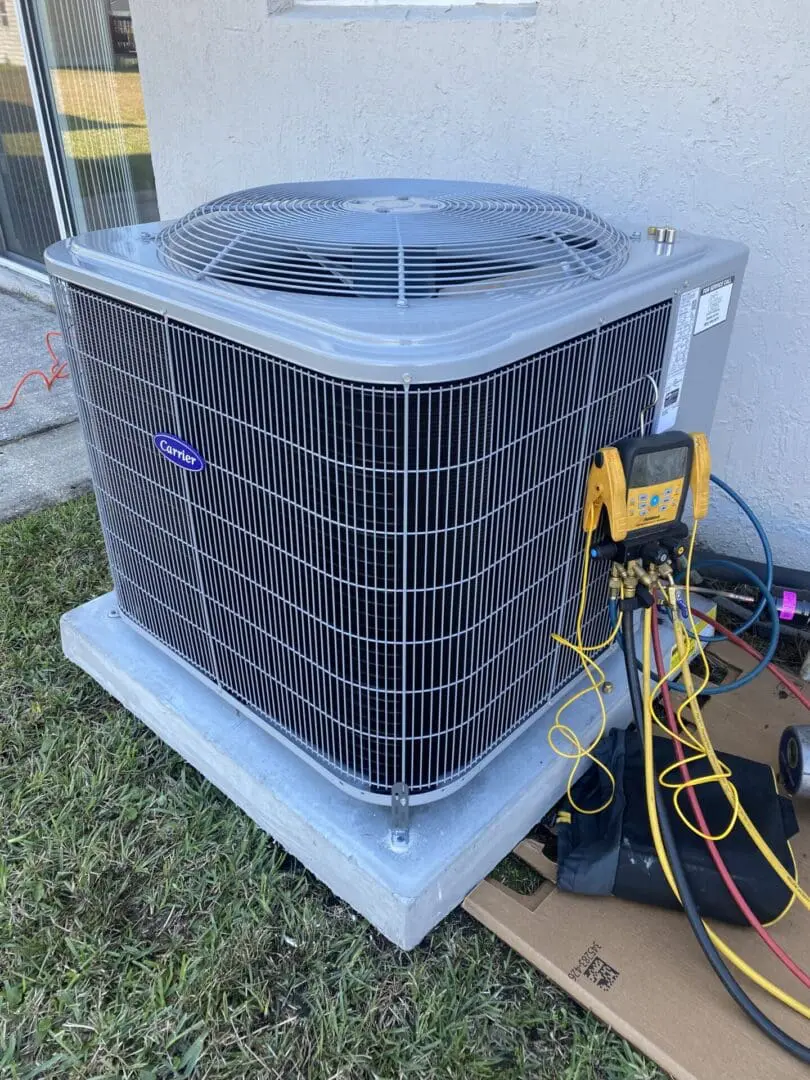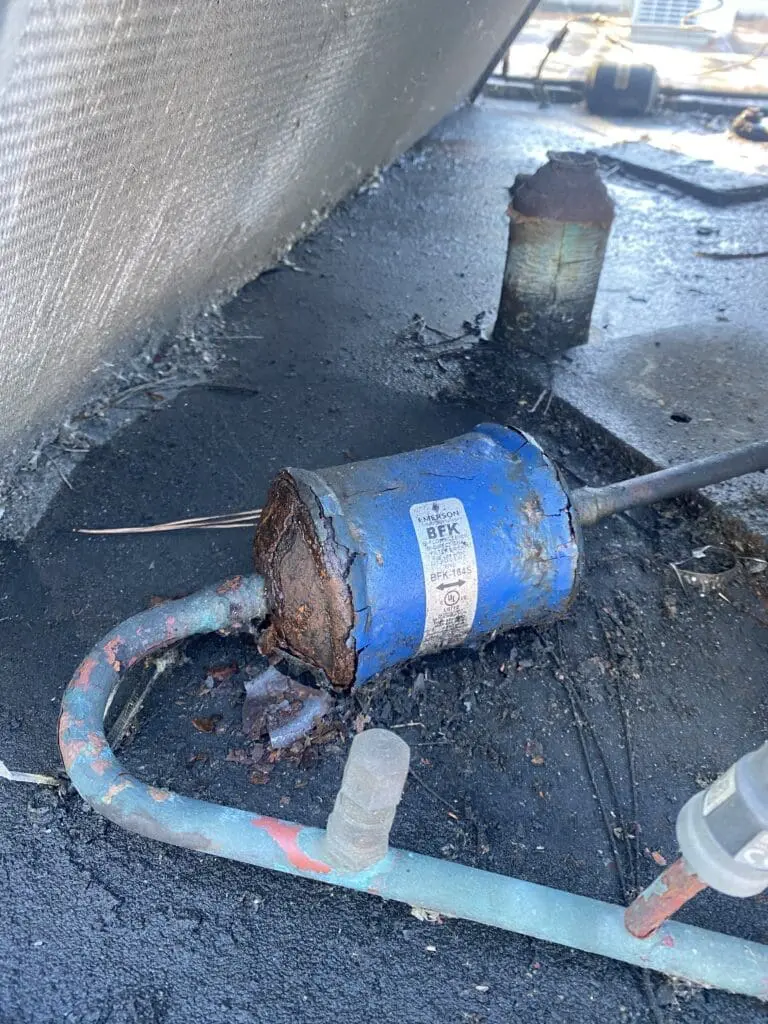
Detecting Coolant Leaks in Your Air Conditioner

Proper maintenance is essential for keeping your air conditioner running smoothly. Without it, problems like coolant leaks can arise, which are among the most common air conditioning repair issues. These leaks can stem from various causes, and pinpointing the exact issue often requires professional help. Detecting coolant leaks early can prevent more significant problems.
At Comfort Zone of North Florida Inc., we’ve created this guide to help you identify coolant leaks in your AC system. For expert solutions, feel free to reach out and schedule certified air conditioning repair in Jacksonville, FL!
Signs of a Coolant Leak in Your Jacksonville Home
If you notice any of the following warning signs, it’s time to contact a professional for AC repair to fix the leak and restore your cooling system.
1. Lack of Cold Air
One of the most obvious signs of a coolant leak is when your air conditioner stops blowing cold air. Coolant in the system’s coils is crucial for cooling the air effectively. Without enough of it, your vents may start releasing warm or hot air instead. Detecting these coolant issues early can save you from discomfort.
Are you noticing warm air from your vents or a mismatch between your thermostat setting and room temperature? A coolant leak could be the culprit.
2. Unusual Noises
Hissing or gurgling sounds from your air conditioning unit are telltale signs of a leak. A pinhole in the coolant lines can cause pressurized fluid to escape, creating these noises. Detecting such coolant leak sounds can lead you to the problem source.
Trained technicians can often locate the source of the leak by following these sounds.
3. Rising Energy Bills
Another sign of a coolant leak is a sudden spike in your energy bills. Low coolant levels force your AC system to work harder to maintain the desired temperature, consuming more electricity. Detecting leaks and fixing them can restore your unit’s efficiency and lower running costs.
4. Strange Odors
Manufacturers often add dyes and scents to air conditioning coolant for easy identification. Leaking coolant may emit a semi-sweet, chloroform-like odor and appear as a bright color such as yellow or pink. Detecting these smells can help you catch leaks before they worsen.
How Professionals Detect Coolant Leaks
If you suspect a coolant leak in your air conditioning system, professionals use advanced techniques to pinpoint the problem effectively. Here are a few common methods:
1. Electronic Leak Detectors
Electronic leak detectors analyze the air for coolant concentrations. These devices heat the surrounding air, ionize coolant molecules, and detect electrical currents caused by coolant presence. Technicians use these tools for detecting coolant leak hotspots in the system.
2. UV Dye Detection
Many coolants come pre-mixed with vibrant dyes that make leaks easier to spot. A black light can reveal any glowing UV dye, making even the smallest leaks visible to the naked eye.
3. Soap Bubble Test
For small, hard-to-detect leaks, technicians might use a soap bubble solution. By spraying it over joints and pipes, they can observe bubble formation at leak points. However, this method is less effective for extremely tiny leaks.
4. Pressure Testing
One of the most reliable ways to detect coolant leaks is through pressure testing, such as using nitrogen. This method not only identifies leaks but also ensures your system complies with regulations during repairs.
Schedule AC Repair in Jacksonville, FL
Suspect a coolant leak or need help with another air conditioning issue? Trust Comfort Zone of North Florida Inc. for expert AC repair and replacement services in Jacksonville.
Call us at (904) 406-0070 or fill out our Contact Form to schedule your appointment today. Let us keep your home comfortable year-round!
